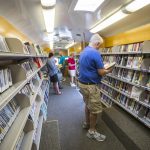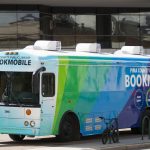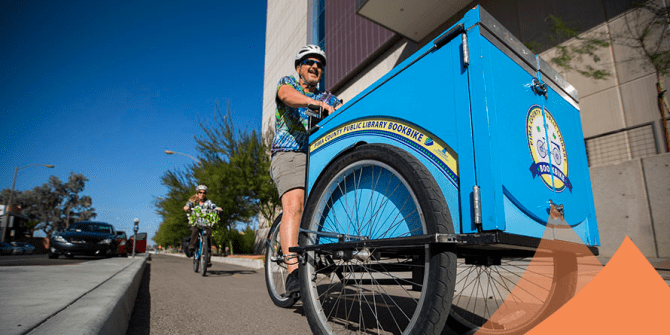Online Forms:
-
- Ask a Librarian
- Get a Library Card | Adquiere una tarjeta de la biblioteca
- Hotspot and Chromebook Request
- Interlibrary Loan (ILL)
- Outreach Request - Request an outreach visit from a librarian
- Suggest a Purchase
For OverDrive / Libby app users:
-
-
- Did you get a replacement library card? Fill out this form to get your digital checkouts and holds moved to your new card number.
-
Printable Forms:
-
- Donación de semillas
- Donation form
- Library card application (español)
- Meeting room application
- Reconsideration of materials form
- Residential Care Facility Library Card Application
- Seed Library donation slip (español)
- Solicitud para una tarjeta de la biblioteca
- Volunteer application (adults or teens)



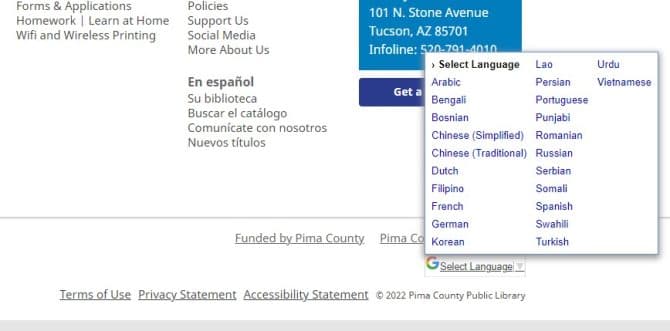
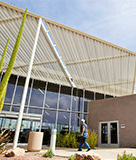 The closest library is the
The closest library is the  Books by Mail offers home delivery of large type books and audiobooks, for people who are visually impaired or who cannot read due to a physical disability.
Books by Mail offers home delivery of large type books and audiobooks, for people who are visually impaired or who cannot read due to a physical disability.
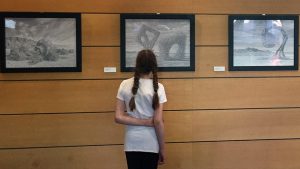
 Frank De La Cruz Collection
Frank De La Cruz Collection